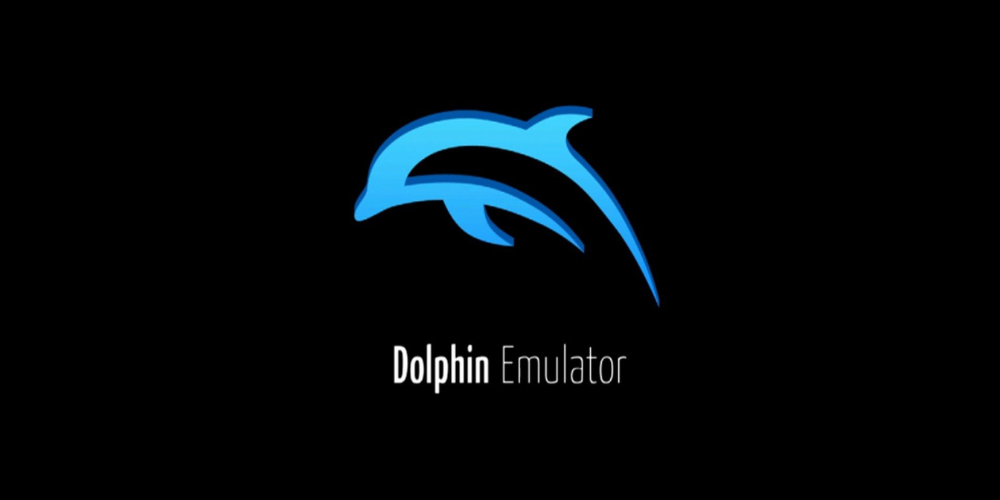Nintendo Shuts Down Steam Debut of Dolphin Emulator, Upholding Strict Copyright Policies
- 29 May 2023
- 0 Comments

Nintendo recently put an end to the scheduled Steam release of the popular Dolphin emulator, highlighting the gaming giant's dedication to protecting its intellectual property rights. The Dolphin emulator, an open-source project, allows players to experience classic Nintendo games such as "The Legend of Zelda: The Wind Waker" and "Super Mario Sunshine" with heightened graphics capabilities and improved overall performance.
The open-source community behind the Dolphin emulator intended to release the software for free on Steam, a popular digital distribution platform for video games. However, Nintendo's legal team objected to the release, citing concerns over copyright infringement. While the emulator itself may not directly infringe on any copyrights, it facilitates the unauthorized use and distribution of copyrighted material, as players rely on downloaded ROMs (file copies of the original game data) to play their favorite games on the emulator.
Nintendo's response to the potential Steam release demonstrates the company's commitment to maintaining control over how its games are accessed and played. The creators of the Dolphin emulator have faced legal challenges from Nintendo in the past, but this recent Steam incident suggests that the video game giant's stance remains unchanged in the face of growing emulator popularity.
Despite Nintendo's efforts, the Dolphin emulator continues to thrive within the gaming community. Enthusiasts appreciate the emulator's ability to enhance the graphics of games initially designed for older consoles, like the Nintendo Wii or GameCube. Many gamers argue that the software offers a valuable service by preserving and modernizing classic games for future generations to enjoy.
Though the Dolphin emulator's Steam debut was ultimately canceled, the emulator remains available for download on its official website. This incident serves as a reminder of the ever-present balance between the rights of copyright holders and the desires of devoted fans. Regardless of occasional legal barriers, the emulator's popularity suggests that the open-source community will continue to play a valuable role in preserving classic gaming experiences.





